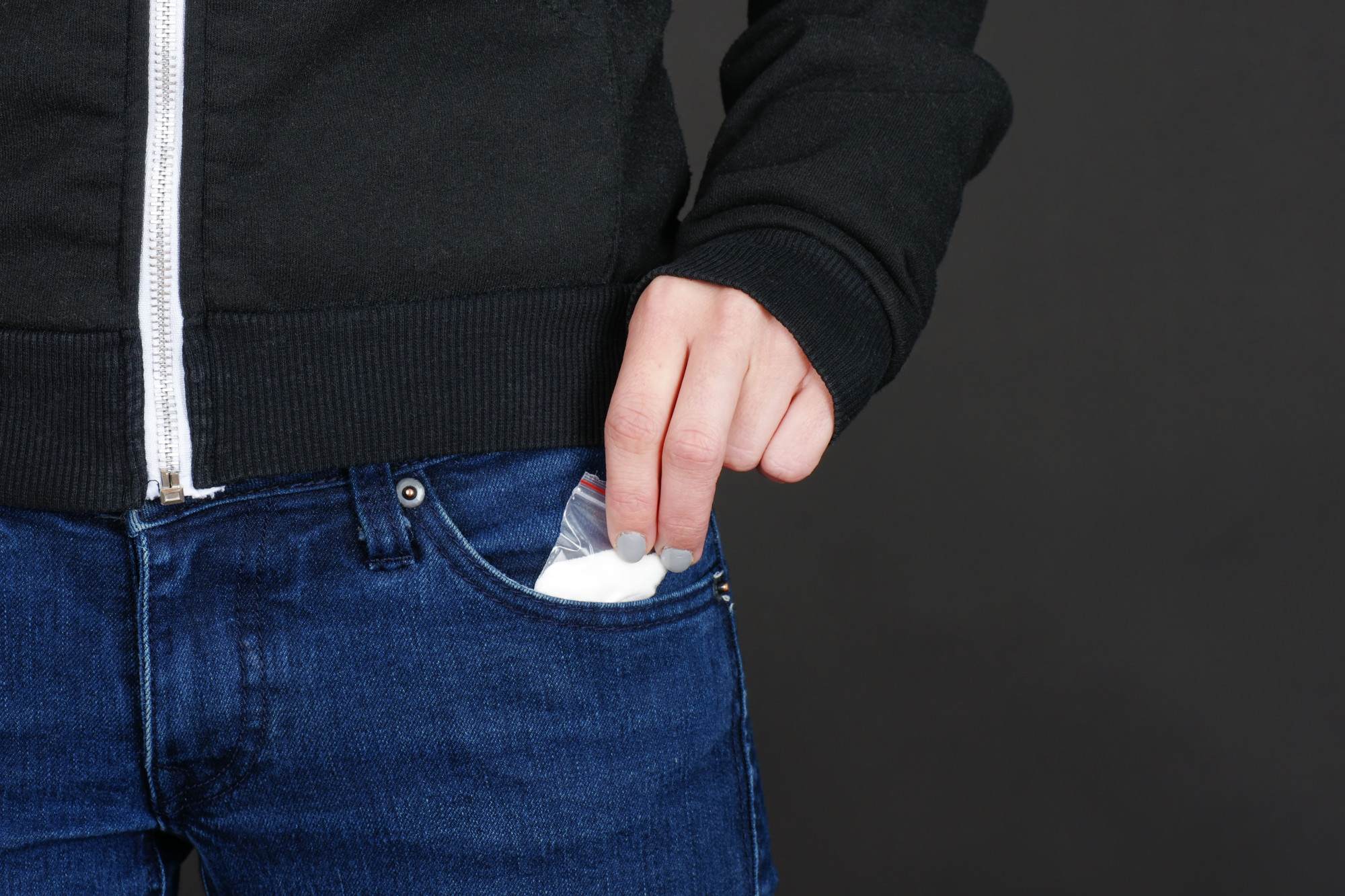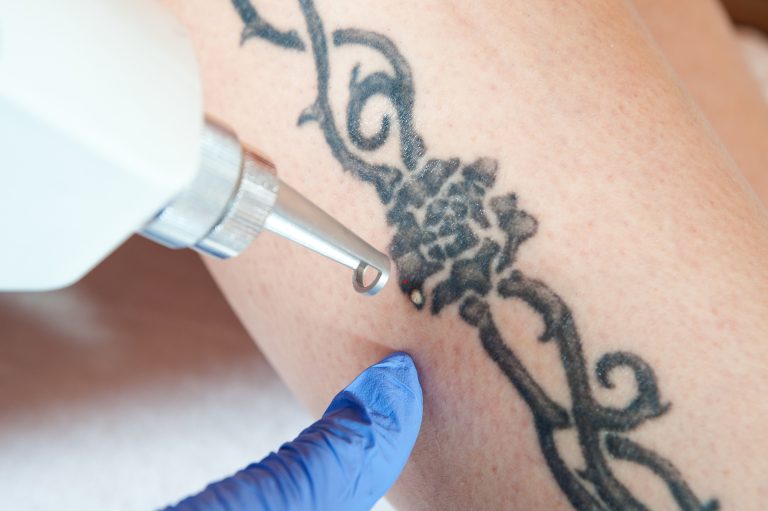Meth Addiction and Recovery: A Guide for Families

An estimated 92% of meth users relapse while trying to recover.
This does not mean the situation is hopeless! It simply means that the journey to recovery can be a long one. If you want to help a family member recover from meth addiction, it’s good to be prepared for the nature of the process.
In this brief guide, we’ll explain how to identify methamphetamine addiction. Then we’ll outline the recovery process so you know what to expect.
Table of Contents
Meth Addiction Symptoms
Most methamphetamine side effects are either physical or psychological.
Physical symptoms can be difficult to spot, as they’re easily explained away. Addicts may experience weight loss, unusual sleep habits, sores, or dental health issues. Drug use may not be an observer’s first assumption of the cause of these symptoms.
But when paired with psychological symptoms, meth addiction becomes more obvious.
Psychological symptoms include anxiety, depression, and mood swings. But in more extreme cases, meth addiction leads to hallucinations.
This is one reason users may have meth sores. The drug can cause them to hallucinate bugs or mites under the skin which they scratch profusely. So while these present as physical symptoms, they come from the psychological effects of addiction.
Once you learn more about meth mites and other symptoms, you are in a better position to help someone overcome them. And there is treatment available to help people manage all of the symptoms of addiction.
Meth Addiction Treatment
Recovering from methamphetamine is a long process and unfortunately most relapse along the way. But with family offering support through each step, the journey becomes much easier.
The first methamphetamine recovery challenge is withdrawal. As soon as the addict stops using meth, the body has a strong reaction.
They will likely have trouble sleeping even though they’re tired. Psychological symptoms include anxiety and depression common during drug abuse. On top of that, they may find it difficult to concentrate on anything as the brain adjusts.
After initial withdrawal symptoms pass, the chance of relapse reduces. This second stage can be a success if people stick with the methamphetamine addiction treatment they’ve chosen. Whether rehab, counseling or something else, the key is to continue long after the user feels that they have recovered.
Eventually, they’ll have the tools they need to avoid relapsing in the future. At this stage, addicts can call themselves sober. Their life has reached a point where they don’t want or need to use meth again.
Throughout this whole process though, support and patience are invaluable. They provide the strength and courage users need to keep going, even if they relapse along the way.
Learn More About Drug Abuse Recovery
Meth addiction is a challenging pull to overcome. But with the right resources, treatment, and support, it’s completely possible.
This is true of all addiction recovery.
While some addictions are more difficult to break than others, there’s always a way. If you or someone you know is trying to overcome addiction, search our site for more sobriety resources and advice.






